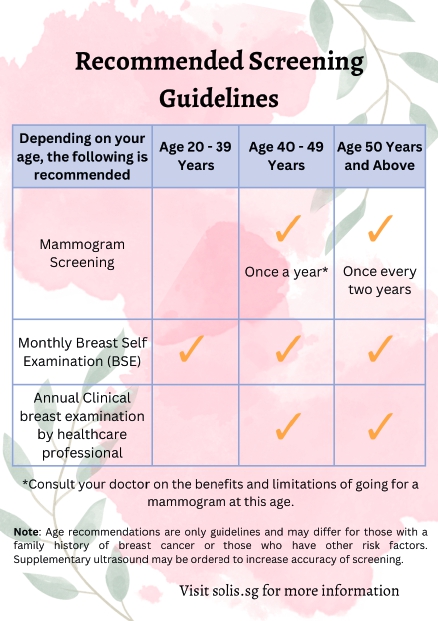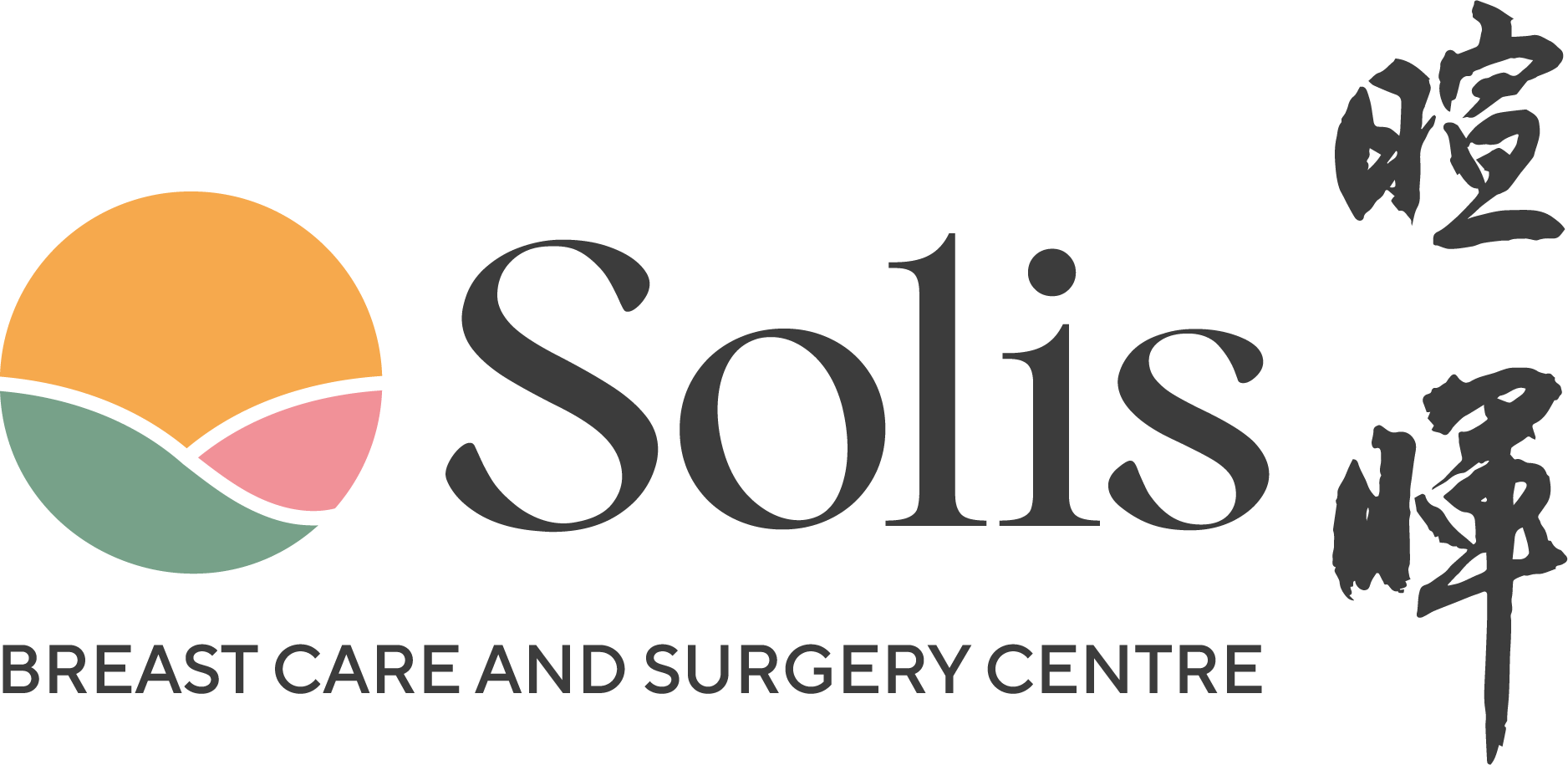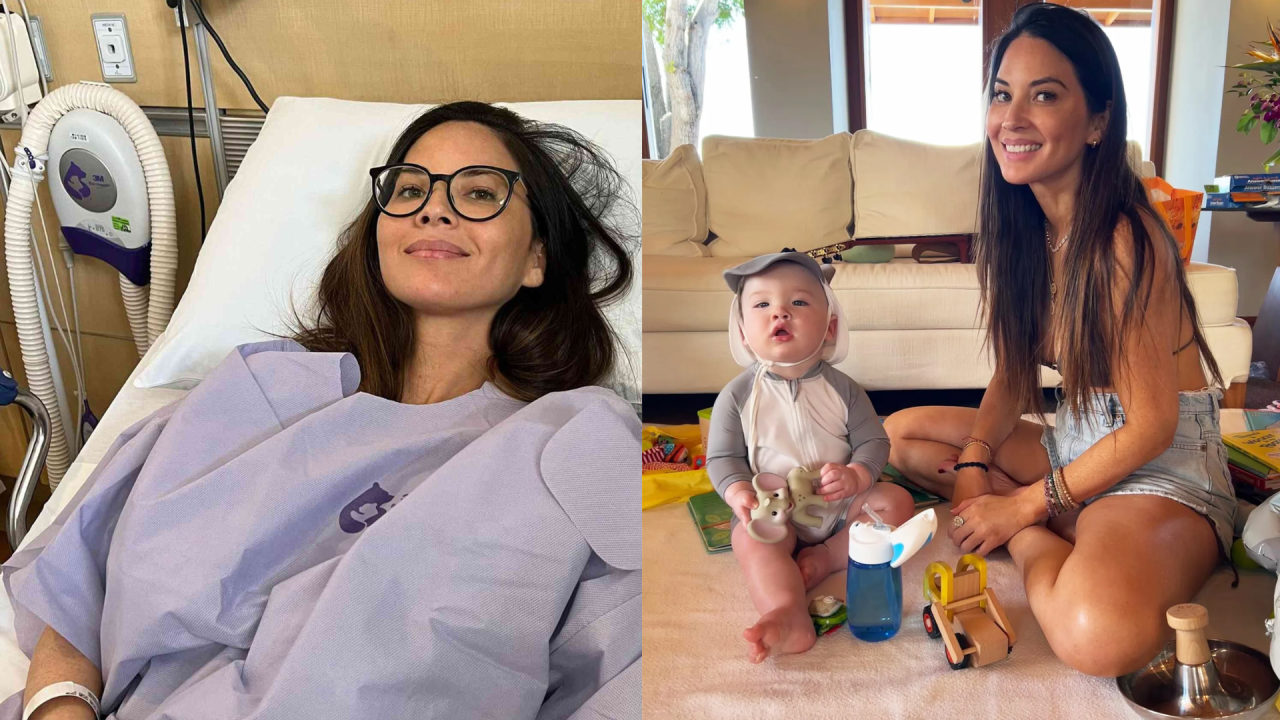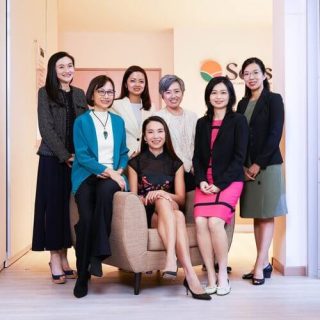Even princesses can get cancer. Last month, the world was shaken by Princess of Wales Kate Middleton’s cancer diagnosis. And just before that, actress Olivia Munn’s candid revelation of her battle with breast cancer made headlines. Their stories are a reminder that cancer does not need permission to disrupt lives.
Both young mothers in their early 40s, their high-profile diagnoses have sparked conversations about early detection, as well as the effects a cancer diagnosis can have on motherhood.
Know Your Breasts
While cancer survival rates have improved over the years, cancer remains the highest cause of death in Singapore, accounting for 28.2% of all deaths from 2017-2021 [1]. Breast cancer constitutes 24.6% of all diagnoses, making it the most common cancer among women in Singapore, contributing to 1 in 6 cancer deaths among females in the country [1].
Breast cancer treatments are more effective and less invasive when the cancer is found early. One key to early detection is monthly breast self-examinations. If you are aged 20 years or older, it is important to be familiar with the way your breasts normally look and feel, to stay abreast of any worrying changes.
Regular breast screenings are another key to detecting breast cancer at an early stage, when it is most treatable. According to the National Population Health Survey 2022, despite 9 in 10 women in Singapore aged 50 to 69 being aware of mammograms, only 37.6% of this demographic had undergone one in the last two years. The primary reason cited for this low mammography uptake is the perception that screening is unnecessary when you are healthy [2].
Munn’s cancer would have been detected later had it not been for proactive health measures, which included an annual mammogram. If there had been any further delay, her treatment options would be limited [3]. Some breast cancer symptoms may not be noticeable to the naked eye, therefore regular screenings are essential regardless of symptoms. Waiting until symptoms develop to have a mammogram may result in the cancer being detected at an advanced stage.

Source: Ministry of Health Singapore [4]
How Early Detection Makes a Difference
It is important to act early than react late.
Breast self-examinations complement, but do not replace screenings like mammograms. Mammograms are instrumental in helping to detect lumps before they can be felt by touch and become worse.
Another reason women in Singapore cited for not doing their mammograms is the fear of the outcome [2]. Information about your body through screening tests is key. While anxiety surrounding testing results is understandable, the benefit of early detection for improving one’s chances of survival cannot be stressed enough. Annual mammograms can reduce mortality by approximately 40% [5].
The BB (Boob Bead) keychain and infographic below illustrate the differences between the size of lumps detected through breast self-examination vs regular screening. Each bead on the keychain represents different lump sizes based on the detection method. With regular mammograms and ultrasound, it is possible to detect lumps that are 2-3 mm in size, a vivid reminder of why regular screenings matter.

The boob bead keychains at Solis (left) are made by survivors and volunteers, as part of efforts to educate and encourage women to be breast aware.
Being a Mother and Cancer Patient
Being a cancer patient is mentally draining, as one copes with the shock of the diagnosis and is wrapped up in a whirlwind of testing, treatments and decisions to make. For mothers with young children, this mental load is exacerbated, as they also need to worry about how their children will emotionally cope.
“You realise cancer doesn’t care who you are; it doesn’t care if you have a baby. It comes at you and you have no choice but to face it head-on,” says Munn [6]. The young mother of one notes that one of the hardest things when recovering post-mastectomy was not being able to carry her son (who was only one-year old then) despite his pleas [7].
Studies have highlighted the emotional burden experienced by mothers with cancer. Not only do they need to grapple with the physical, mental and emotional toll of the disease, but they may also struggle with guilt from a perceived failure to meet parenting expectations [8]. Amidst additional stress from other aspects of their lives such as relationships and employment, these mothers demonstrate remarkable resilience in balancing dual roles as parents and patients.
Let us make this Mother’s Day count by honouring the mothers whose strength and love light up the world. Give your mother the gift of clarity by reaching out to us to schedule a mammogram, and help spare her from the anguish of a late diagnosis.
1 Health Promotion Board, “Singapore Cancer Registry Annual Report 2021”
2 Ministry of Health Singapore, National Population Health Survey 2022
3 People, “Olivia Munn, 43, Reveals She Was Diagnosed with Breast Cancer and Had Double Mastectomy”
4 Ministry of Health Singapore, Health Screening Guidelines
5 “Benefits and Risks of Mammography Screening in Women Ages 40 to 49 Years”




